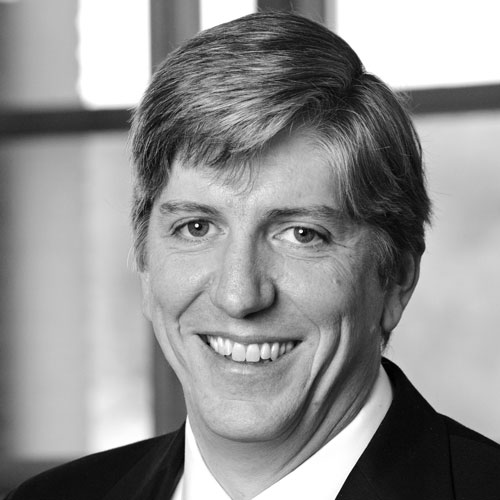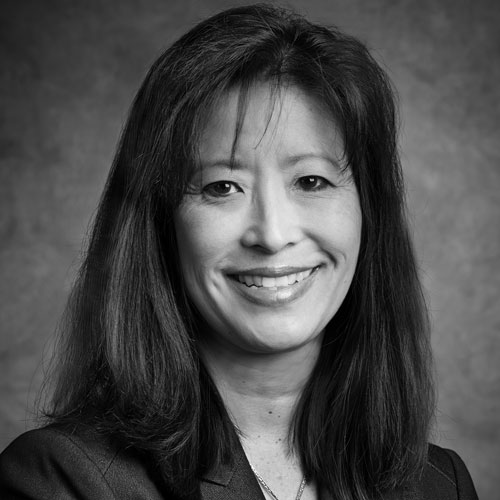Before jumping into human resources, Valeria Stokes built a career working in a variety of industries, developing a well-rounded view of how people tick regardless of their background, gender, or ethnicity. Now, she not only hires the best people for the association, but helps develop and shape careers as well.
Tell me about your hiring philosophy.
My hiring philosophy is quite basic. You hire the right person with the right skill-set for the right job. But I do it on a foundation of diversity and inclusion. Our talent needs to represent our customer base and societal base. So I have certain metrics that are in place that I look at: are we recruiting in an inclusive fashion, and are we in compliance with our affirmative action plan? If we aren’t, why aren’t we? Are we doing the proper outreach to a variety of areas where we can attract an inclusive applicant base? When you do that, you get an inclusive candidate slate and then you are vetting that slate against the right position and right jobs in order to place the person in the right role.
It sounds like your roles as head of human resources and diversity are tightly interwoven. What other kinds of skills are important in your role as chief diversity officer?
What’s most important about what I do is to understand the social contexts of society. My background started out in “cultural health care,” so I’ve always been involved in recognizing the uniqueness of people. In the health-care system, by virtue of an individual’s ethnicity, he or she might respond differently to medication, have a propensity for different disorders, or make decisions about health care in a manner driven by culture, so you have to be in tune with a cross-cultural approach. When I moved into corporate culture, it was natural for me to look at the cultural core of our group. I’m also an ethnographer. I research and study the way people interact with each other, how people work together, what some of the challenges facing them are because of how they look, who they are, what their gender is, that sort of thing. I bring that background here, too.
What about the human resources side of your job? What lessons or skills do you bring from, say, your days working in hospital administration?
I was a registered nurse at the masters-prepared level and a clinical specialist and researcher for hospital administration. You have to be very concerned about quality standards, improvement, and making sure your processes are aligned with certain accreditation standards to achieve positive patient outcomes. So one of the things I brought into the corporate sector was a rigor around analyzing processes. Looking for those indicator points that could be the root cause for inefficiencies, figuring out improvements that are necessary, and knowing the measures that indicate change or improvement are all crucial.
“When people are hired, they are excited to have been selected and want to do their very best. In order to leverage that, the organization has to have a commitment to the development of employees.”
You’ve said, “Every individual has the capabilities to be successful given the proper mentoring, leadership, and resources.” Can you elaborate on that idea?
That is my own personal philosophy on how I work with people. I go on the assumption that when people are hired, they are excited to have been selected and want to do their very best. In order to leverage that, the
organization has to have a commitment to the development of employees. I make certain we have an infrastructure in place that encourages individuals to seek out other opportunities.
What are some of the ways you help others achieve their goals?
We have created what we call a career transition unit, where individuals who are interested in doing something else can come to human resources and get coaching on what they need to do to get there. When I came here, we didn’t have those sorts of things in place. It was important to me to demystify how people move in an organization. We’ve attempted to do that by being very open and transparent about positions that are available. We post positions in-house before they go external so our employees have the opportunity to find out if they qualify or not and what they need to do to qualify the next time around.
Is this program something you’re proud of developing and leading?
Definitely. I feel very blessed to work in an organization that desires the contribution I have brought to the table. As a result, I can identify individuals who have been part of my team who are now my peers. Opportunities in their personal and professional development have resulted in their moving to larger organizations. I have always used that as a means of whether I am in alignment with my own personal philosophy or not.
What’s your favorite part of your job?
This position has made me whole. It’s taken the work that I’ve done in every sector I have worked in—health care, manufacturing, retail, telecommunications, and even working for global companies and professional services—it’s taken everything and wrapped it all up in one position. I’m able to leverage my experiences and my philosophy here. I look forward to coming to work every day. I really love the work that I do.

